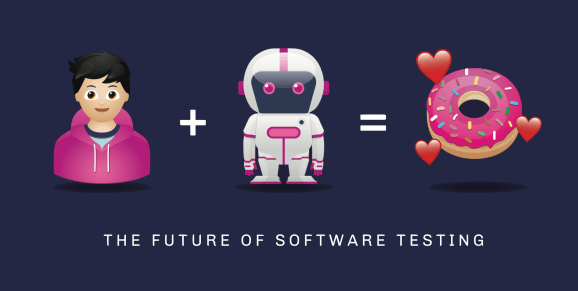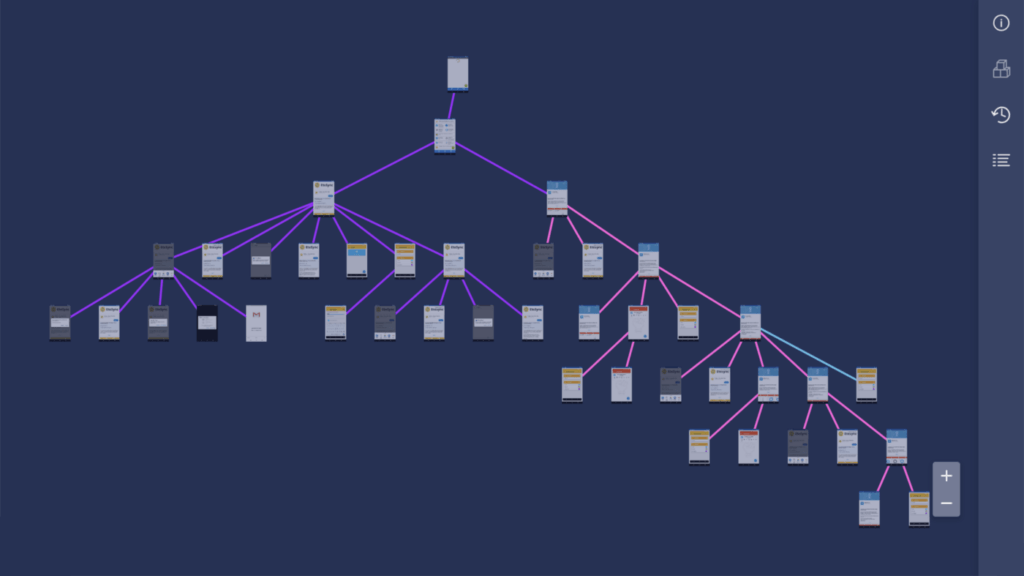Mesmer: Automating Mobile App Testing

Mesmer is an AI company looking to change the future of software testing. They say: "Bots do the grunt work, humans do the fun work."
Imagine if 40% of your job was automated. Would you feel worried or empowered? Now imagine if that 40% of your job was your least favorite part–not the part where you are strategizing and inventing but the part where you are dotting your i’s and crossing your t’s, checking over your work. I would hypothesize that you would feel the latter: you would feel excited to not have to spend your time checking over your work and you would feel empowered to spend your time on more strategic initiatives.
Enter Mesmer. Mesmer is looking to change the future of software testing by creating AI-powered bots to test software, saving time and resources that can be used on other strategic initiatives.

Mesmer estimates that ~40% of a developer’s time while building mobile apps is in testing. Because of this, some companies outsource this function to third party companies whose business is specifically to test software. While this may save a company internal resources, it still is an added cost from both a financial and time perspective–at the end of the day, a human is still testing the code. Mesmer set out to improve this process to unlock hours of productivity that developers can use building not testing. They envision a world where testing can happen in-sprint to move faster and ship products quicker.
Mesmer seeks to simplify this process through three bots they have created:
- Infrastructure Bot: This bot is focused on automation by creating on-demand test environment setups so that companies do not have to rely on DevOps or IT, thus speeding up the process. Mesmer also gives access to a wide range of devices through their Mobile Device Cloud, saving time and money that a company would normally spend on maintaining a lab with physical devices.
- Bug Bot: This bot is focused on automating bug bashes by automatically creating JIRA tickets filled with details of instructions on how to reproduce the bug, log files, screenshots, and videos. Achieving this level of detail manually is both time consuming and cumbersome.
- Customer Bot: This bot seeks to evaluate an app from a customer’s standpoint using their patent-pending Deep Learning Automation (DLA), which in this case means computer vision and natural language processing, to investigate every object and link in the company’s app. The bot creates an app map, which could takes hours to manually generate, and can easily pinpoint to developers where there may be issues to address. The key part of DLA is that developers no longer have to write tests scripts to achieve similar results.

Unlike many services leveraging AI for automation, Mesmer is seeking to augment a developer’s job–not replace it. They are looking to increase the productivity of tech teams by freeing up time and resources to expand the scope of work and output. For large older companies, Mesmer is well positioned to speed up the innovation process by reducing testing time, ultimately, delivering products and features faster to customers. For smaller growing companies, Mesmer is also well positioned by becoming a partner in growth and scaling. They can also help prevent technical debt that small companies often accumulate as they try to scale rapidly by reducing total time spent on a project and allowing that time spent to be allocated to the right solutions versus the quick ones.
Looking forward, Mesmer’s challenge does not lie in adoption by tech companies, as the value proposition is quite clearn, but in its ability to capture revenues commensurate with the value they are providing. There are two ways to measure value created. The first is looking at the value unlocked at a company because of the extra time and resources–this is unfortunately difficult to measure and attribution is very subjective. Another way is the salary value of the time saved of a developer’s job (or the payment sent to the third party testing agency). Mesmer estimates that ~40% of a developer’s time is spent testing while building a mobile app. According to US News, the average salary of a software developer nationwide is $103K with higher estimates ($131K – $144K) in top tech hubs, San Francisco, San Jose, and Seattle. This would then equal ~$40K – $57K per developer. It is unlikely for any corporation to value the service at this price when they are not reducing headcount but allocating that time to other projects.
Mesmer will need to focus on developing a pricing model in line with the value they create for companies but is competitive enough that companies will incorporate the software instead of continuing with manual review.



Thanks so much for sharing. If the product is as effective as it seems, I can definitely see the value. Many startups even hire a person specifically for testing. Do you know what the pricing is? And do you know if they offer free trials?
Thank you!
Russell
Hi Russell–I unfortunately wasn’t able to find pricing/trial information online. Their intake form is just a company email address to kick off the conversation. That being said, I do know that they are providing free services for telehealth mobile apps that are providing COVID solutions. See here: https://medium.com/mesmerhq/covid-19-move-fast-fix-things-3d14f9c34aae